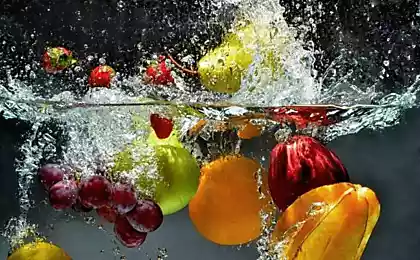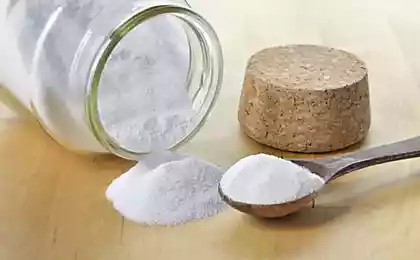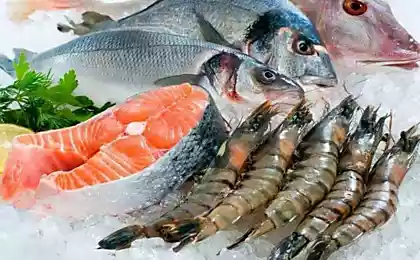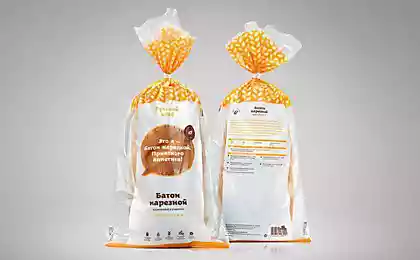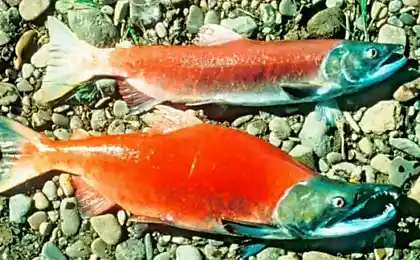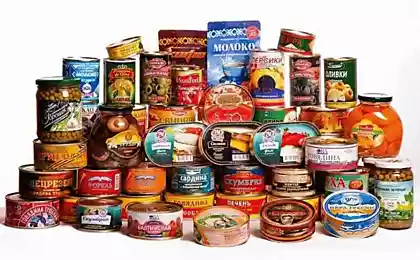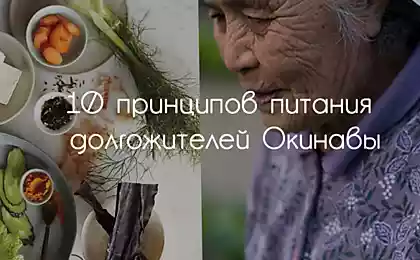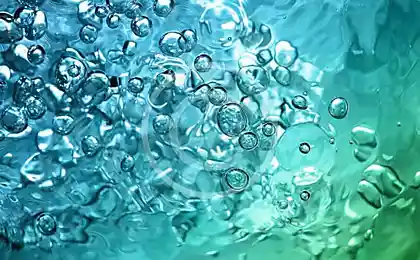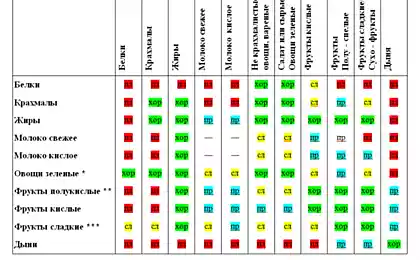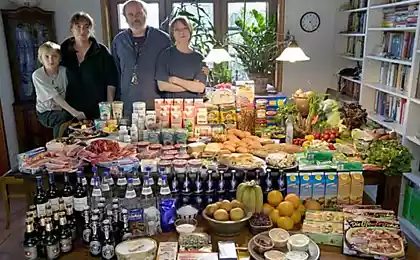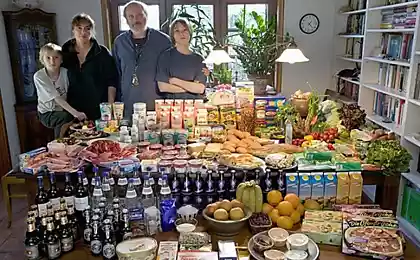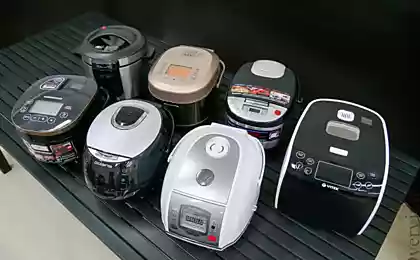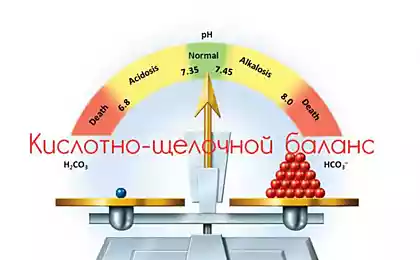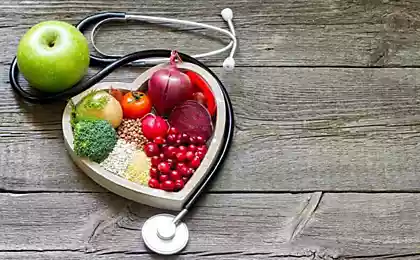222
The food technologist explained which products can not be washed, and which must be washed without fail
When you come home shopping from the supermarket, water processing seems obvious. But there are some products that cause doubts: whether to wash meat and eggs, whether to rinse fruit with inedible skin and so on. Today I will tell you which products should not be washed, and which must be treated with detergent for food products.
We do not know exactly what the fruit is processed to wait in a decent form on the shelf of its buyer. Fruits are treated with wax, impregnated with pesticides products so that they are stored longer and do not spoil. That's why they have to be washed. But meat and fish, which are sold in packaging from the factory, we wash before cooking. Does that make sense? It is not clear how the product will become cleaner from washing with water that can not be drunk because it is dirty. Sometimes there is not enough water to remove the harmful layer from the skin, you will need brushes and detergent for foods.
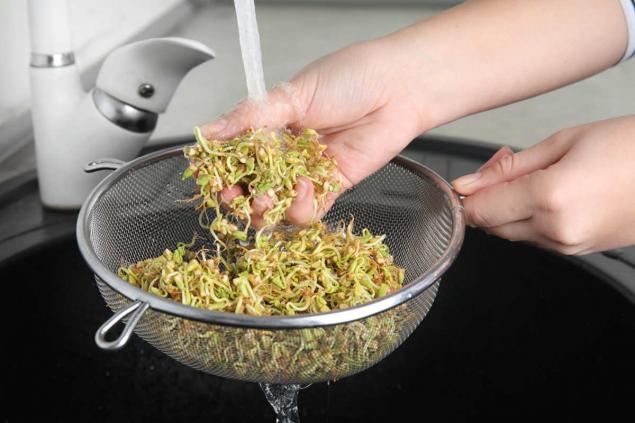
Fruits with edible and even inedible peel should be washed: bananas, oranges, melon, watermelon. Citrus fruits are generally better to pour boiling water to wash off bacteria and harmful substances from the skin. Fruits with inedible skin must be washed, because when peeling or cutting the skin, bacteria fall on what a person will eat as a result.
Grapes should be divided into clusters and washed under running water, dried fruits should be soaked in boiling water for a few minutes, then drain the water and wash the dried fruits again. I don’t know how or where the dried fruit is stored from the store, but there is a lot of dirt in it. It is necessary to wash even packaged dried fruits, if you risk eating, for example, raisins without washing, the sand will creak on your teeth.
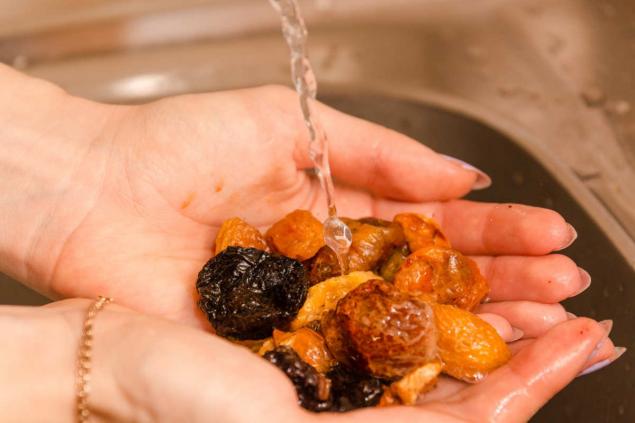
Under running water, you need to wash both packaged and cereals by weight. Sealed cereals will be a little cleaner, but it is necessary to wash several times under running water starchy and other cereals to get rid of dust and dirt. In buckwheat, for example, sometimes even pebbles are, no wonder my grandmother always went through buckwheat, and then thoroughly washed it.
Although vegetables are mostly cleaned before cooking, it is necessary to wash them, not only if dirt is noticeable on the vegetables. First, vegetables should be soaked in warm water (especially potatoes, radishes, beets, horseradish), then cleaned with a brush and rinsed with warm and cold water. After that, you can cook food from them. Whether the vegetables were packed in the store or washed before selling, all vegetables should be washed. Beijing cabbage makes sense to divide into leaves, as insects can hide in them.
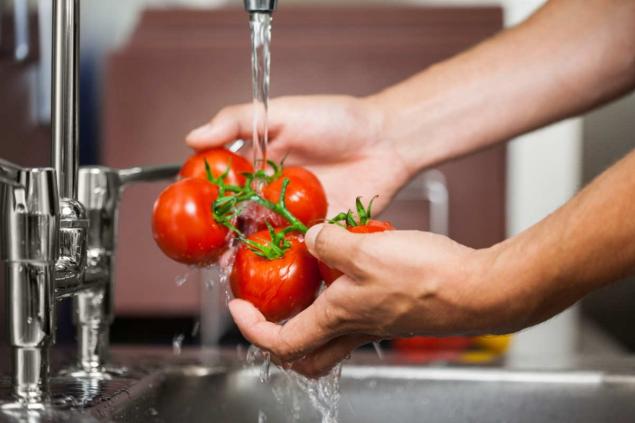
Necessarily before use it is necessary to wash and soak nuts bought by weight. Soaked nuts have more vitamins and antioxidants, they are better absorbed by the body. It is necessary to wash nuts before use, since they are not stored for a long time.
Tin cans at home after purchase should be rinsed with water. Because when opened from the surface of the jar can get inside all the dirt and bacteria. By the way, canned vegetables, corn and peas, for example, contain sugar. Such products are better to wash from sweet water. After opening, canned food should be immediately transferred to a non-metallic container, since the product will be oxidized in the jar.
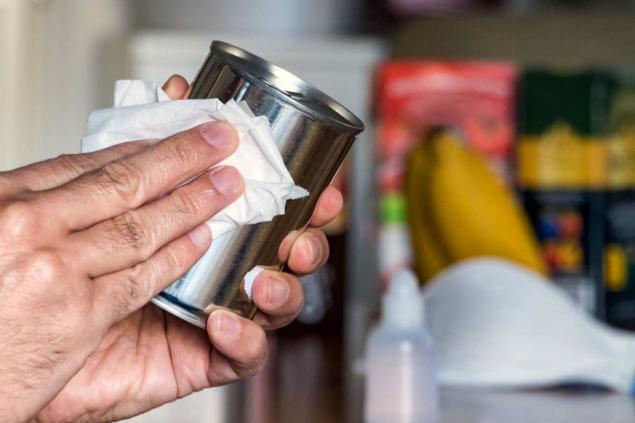
Dill greens, parsley and other greens should be soaked in cold water for 15 minutes. Well divide all the twigs and drain the water, then rinse again the bundle of greens under running water. In visually clean leaves, bugs can hide, which will surface only in a cold bath. Remember the cherry: we always soak it, too, so that all the worms get free. But packed washed salads do not need to be washed, as they will lose their taste.
Bird and red meat should not be washed because bacteria remain in the sink and on the cutting board. When you wash other foods after washing the meat, the bacteria will be transferred to washed clean food. For the same reason, cutting boards for fish, meat, fruit and bread should be different. The board after meat must be treated with lemon juice or soda. And fish is generally better cut on a board covered with food film.
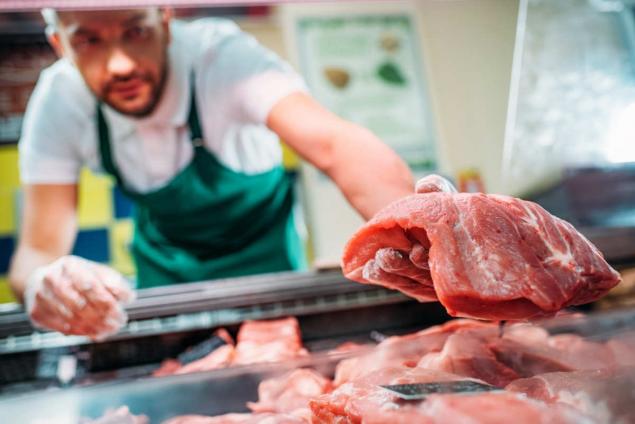
They say that white mushrooms should not be washed. But no one will eat land. On the one hand, it is necessary to wash the mushrooms, on the other - it is absolutely not recommended to soak them for a long time in water. Mushrooms, like a sponge, will be saturated with water and lose taste.
Eggs should be stored separately from other products in a closed container. But should I wash before cooking? Eggs should not be washed, because they are already processed in production. Since the eggshell has a porous structure, it lets detergent and bacteria inside, especially if the shell is damaged. There is a protective film on the egg that does not allow bacteria to enter. This film is easily damaged when you start washing an egg, and it can deteriorate during storage in the refrigerator.
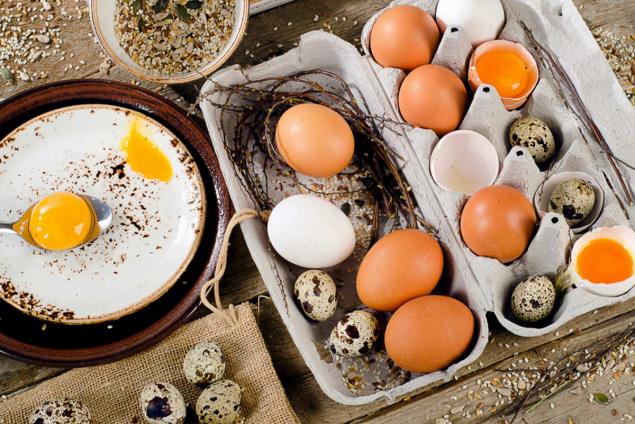
Italians cry when they see that pasta someone manages to wash so that the pasta does not stick together. There's no point in washing. Firstly, it destroys all taste, and secondly, it does not allow the paste to be saturated with sauce. Never wash pasta so that they do not stick together, add vegetable or butter.
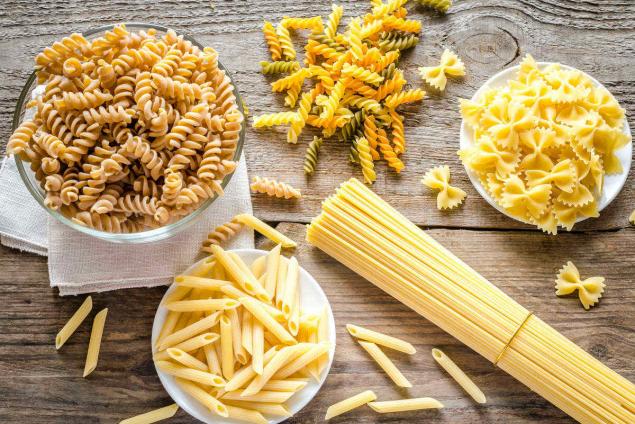
There are special detergents for food products. The meaning is the same as in the washing liquid. It is better not to wash fruits and vegetables with very foamy soap solutions. There is a possibility that the product will not be completely washed. If you want to process chemicals and bacteria, use baking soda. It disinfects surfaces by 99% and is safe for humans. Citrus fruits should be soaked and wiped with soda, then washed off the soda with water. Greens can be soaked with 1 tsp. soda. How do you wash fruits and vegetables?
We do not know exactly what the fruit is processed to wait in a decent form on the shelf of its buyer. Fruits are treated with wax, impregnated with pesticides products so that they are stored longer and do not spoil. That's why they have to be washed. But meat and fish, which are sold in packaging from the factory, we wash before cooking. Does that make sense? It is not clear how the product will become cleaner from washing with water that can not be drunk because it is dirty. Sometimes there is not enough water to remove the harmful layer from the skin, you will need brushes and detergent for foods.

Fruits with edible and even inedible peel should be washed: bananas, oranges, melon, watermelon. Citrus fruits are generally better to pour boiling water to wash off bacteria and harmful substances from the skin. Fruits with inedible skin must be washed, because when peeling or cutting the skin, bacteria fall on what a person will eat as a result.
Grapes should be divided into clusters and washed under running water, dried fruits should be soaked in boiling water for a few minutes, then drain the water and wash the dried fruits again. I don’t know how or where the dried fruit is stored from the store, but there is a lot of dirt in it. It is necessary to wash even packaged dried fruits, if you risk eating, for example, raisins without washing, the sand will creak on your teeth.

Under running water, you need to wash both packaged and cereals by weight. Sealed cereals will be a little cleaner, but it is necessary to wash several times under running water starchy and other cereals to get rid of dust and dirt. In buckwheat, for example, sometimes even pebbles are, no wonder my grandmother always went through buckwheat, and then thoroughly washed it.
Although vegetables are mostly cleaned before cooking, it is necessary to wash them, not only if dirt is noticeable on the vegetables. First, vegetables should be soaked in warm water (especially potatoes, radishes, beets, horseradish), then cleaned with a brush and rinsed with warm and cold water. After that, you can cook food from them. Whether the vegetables were packed in the store or washed before selling, all vegetables should be washed. Beijing cabbage makes sense to divide into leaves, as insects can hide in them.

Necessarily before use it is necessary to wash and soak nuts bought by weight. Soaked nuts have more vitamins and antioxidants, they are better absorbed by the body. It is necessary to wash nuts before use, since they are not stored for a long time.
Tin cans at home after purchase should be rinsed with water. Because when opened from the surface of the jar can get inside all the dirt and bacteria. By the way, canned vegetables, corn and peas, for example, contain sugar. Such products are better to wash from sweet water. After opening, canned food should be immediately transferred to a non-metallic container, since the product will be oxidized in the jar.

Dill greens, parsley and other greens should be soaked in cold water for 15 minutes. Well divide all the twigs and drain the water, then rinse again the bundle of greens under running water. In visually clean leaves, bugs can hide, which will surface only in a cold bath. Remember the cherry: we always soak it, too, so that all the worms get free. But packed washed salads do not need to be washed, as they will lose their taste.
Bird and red meat should not be washed because bacteria remain in the sink and on the cutting board. When you wash other foods after washing the meat, the bacteria will be transferred to washed clean food. For the same reason, cutting boards for fish, meat, fruit and bread should be different. The board after meat must be treated with lemon juice or soda. And fish is generally better cut on a board covered with food film.

They say that white mushrooms should not be washed. But no one will eat land. On the one hand, it is necessary to wash the mushrooms, on the other - it is absolutely not recommended to soak them for a long time in water. Mushrooms, like a sponge, will be saturated with water and lose taste.
Eggs should be stored separately from other products in a closed container. But should I wash before cooking? Eggs should not be washed, because they are already processed in production. Since the eggshell has a porous structure, it lets detergent and bacteria inside, especially if the shell is damaged. There is a protective film on the egg that does not allow bacteria to enter. This film is easily damaged when you start washing an egg, and it can deteriorate during storage in the refrigerator.

Italians cry when they see that pasta someone manages to wash so that the pasta does not stick together. There's no point in washing. Firstly, it destroys all taste, and secondly, it does not allow the paste to be saturated with sauce. Never wash pasta so that they do not stick together, add vegetable or butter.

There are special detergents for food products. The meaning is the same as in the washing liquid. It is better not to wash fruits and vegetables with very foamy soap solutions. There is a possibility that the product will not be completely washed. If you want to process chemicals and bacteria, use baking soda. It disinfects surfaces by 99% and is safe for humans. Citrus fruits should be soaked and wiped with soda, then washed off the soda with water. Greens can be soaked with 1 tsp. soda. How do you wash fruits and vegetables?
Dad made homemade sausage every year and rolled it into jars, sharing an old proven recipe
Grown children tear me apart, they can’t deal with each other, I don’t know how to help them.

